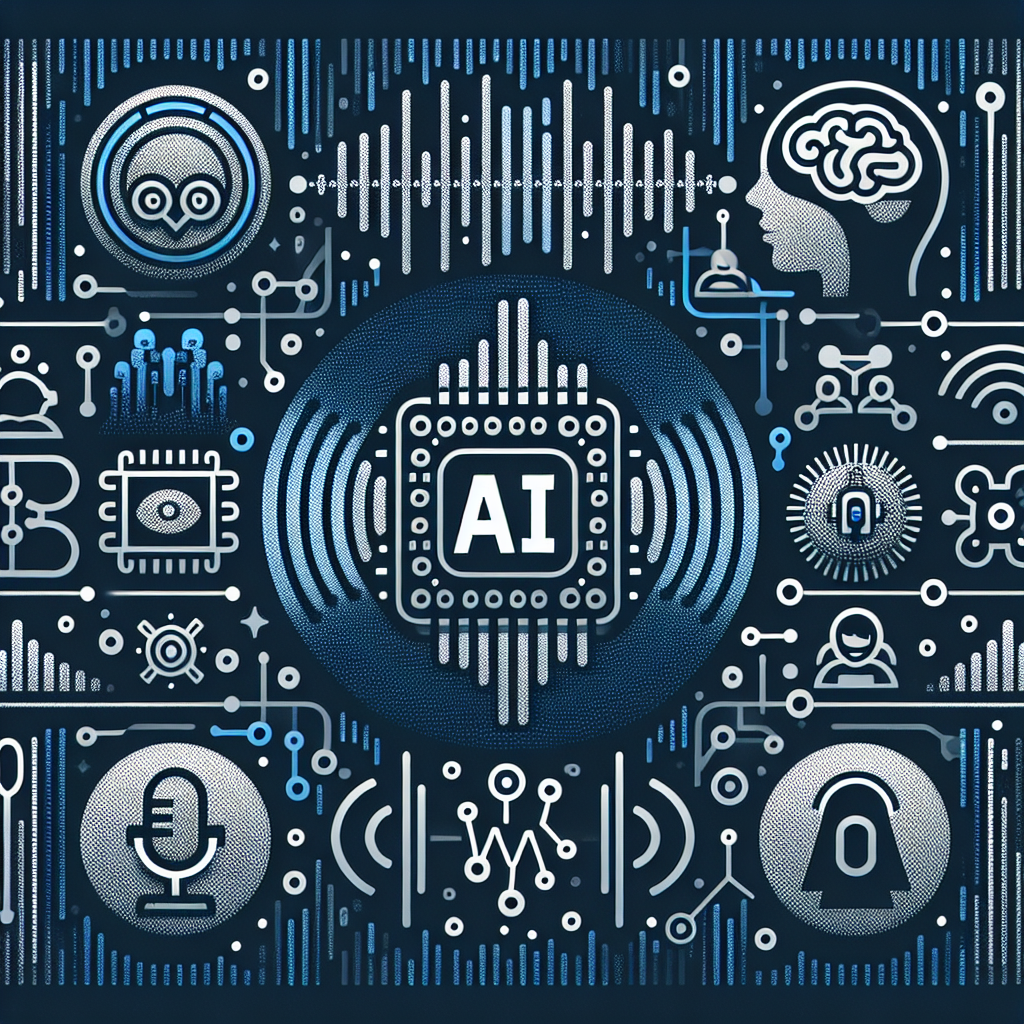Artificial Intelligence (AI) and voice recognition technology have been transforming the way we interact with devices and machines in recent years. From virtual assistants like Siri and Alexa to smart home devices and customer service chatbots, AI-powered voice recognition technology is becoming increasingly prevalent in our daily lives. One area where this technology is making a significant impact is in the hospitality industry, where it is revolutionizing guest interactions and enhancing the overall guest experience.
AI and voice recognition technology have the potential to streamline and personalize the guest experience in a variety of ways. From booking a room to ordering room service to checking out, guests can now interact with hotels and resorts using their voice, making the process more convenient and efficient. Here are some ways in which AI and voice recognition technology are transforming guest interactions in the hospitality industry:
1. Personalized recommendations: AI-powered voice recognition technology can analyze guest preferences and behavior to provide personalized recommendations for activities, dining options, and amenities. By understanding a guest’s preferences, hotels can offer targeted suggestions that enhance the guest experience and increase guest satisfaction.
2. Seamless check-in/check-out: With voice recognition technology, guests can check-in and check-out of their rooms quickly and easily by simply speaking to a virtual assistant. This eliminates the need for guests to wait in line at the front desk, saving time and reducing friction in the check-in process.
3. Room service and concierge services: Guests can use voice commands to order room service, request additional amenities, or get information about local attractions and events. This makes it easier for guests to access the services they need and enhances the overall guest experience.
4. Voice-controlled room features: Hotels can integrate voice recognition technology into room features such as lighting, temperature control, and entertainment systems. Guests can control these features using voice commands, making their stay more comfortable and convenient.
5. Language translation: Voice recognition technology can also be used to provide real-time language translation services for guests who speak different languages. This can help hotels cater to a diverse range of guests and make them feel more welcome and comfortable during their stay.
Overall, AI and voice recognition technology have the potential to transform guest interactions in the hospitality industry by providing a more personalized, efficient, and convenient experience for guests. By leveraging this technology, hotels and resorts can differentiate themselves from competitors and enhance guest loyalty and satisfaction.
FAQs:
Q: Is voice recognition technology secure for guest interactions in hotels?
A: Voice recognition technology is designed to be secure and protect guest privacy. Hotels should implement appropriate security measures to ensure that guest data is protected and only accessed by authorized personnel.
Q: Are there any privacy concerns with using AI and voice recognition technology in the hospitality industry?
A: Hotels should be transparent with guests about how their data is being used and ensure that they have the option to opt-out of voice recognition technology if they prefer. It is important for hotels to comply with data protection regulations and prioritize guest privacy and security.
Q: How can hotels ensure that AI and voice recognition technology is accessible to all guests, including those with disabilities?
A: Hotels should consider the needs of all guests when implementing AI and voice recognition technology, including those with disabilities. This may involve providing alternative methods of communication or ensuring that voice recognition technology is compatible with assistive devices.
Q: How can hotels leverage AI and voice recognition technology to enhance the guest experience?
A: Hotels can use AI and voice recognition technology to provide personalized recommendations, streamline check-in/check-out processes, offer room service and concierge services, control room features, and provide language translation services. By leveraging these capabilities, hotels can enhance the overall guest experience and differentiate themselves from competitors.
In conclusion, AI and voice recognition technology are transforming guest interactions in the hospitality industry by providing a more personalized, efficient, and convenient experience for guests. By leveraging this technology, hotels can enhance guest satisfaction and loyalty, differentiate themselves from competitors, and stay ahead of the curve in an increasingly competitive market.

